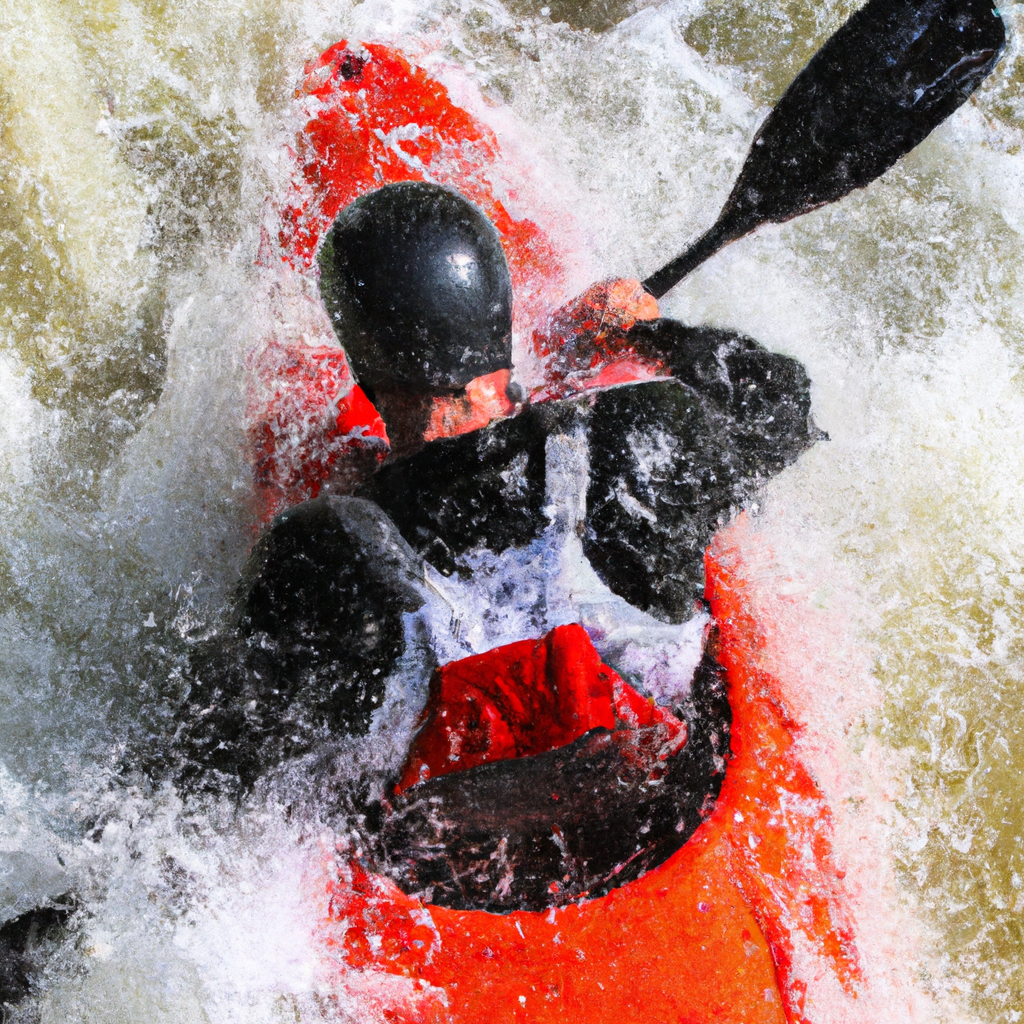Climate Change and its Influence on Water Sports: Challenges and Adaptations

Climate change, an indisputable phenomenon that is becoming increasingly important on the global agenda, not only has impacts on traditional spheres such as agriculture, the economy and wildlife, but is also considerably affecting the world of sport, particularly water sports. This article aims to delve deeper into the relationship between climate change and water sports, analysing their impacts, the main threats and the possible adaptations that these sports must face in order to survive in an increasingly warm world. Finally, it will analyse what the future of water sports may look like in a climate change scenario. Whether you are passionate about water sports, a climate enthusiast or simply a curious reader, this article will offer you a complete and detailed view of a little-explored but highly relevant issue.
- 1. "Impact of climate change on water sports: An overview"
- 2. "Climate changes: threat to water sports"
- 3. "Adaptation of water sports to climate change"
- 4. "The future of water sports in a world of climate change"
1. "Impact of climate change on water sports: An overview"
Climate change has a significant and growing impact on water sports, affecting both participants and the organisations that support them. Rising global temperatures are leading to changing weather patterns and rising sea levels. These phenomena affect the quality and availability of water sports facilities, from sailing to surfing and swimming. More frequent and severe flooding and storms can damage or destroy coastal infrastructure, such as marinas and yacht clubs. In addition, warming oceans can lead to harmful algal blooms and declining water quality, posing a health risk to water sportspeople. Melting glaciers and snow-capped peaks are also threatening freshwater sports, such as rafting or kayaking on mountain rivers. It is therefore crucial that measures are taken to mitigate these effects and adapt to the new conditions.
2. "Climate changes: threat to water sports"
Climate change poses a significant threat to water sports. Rising global temperatures are causing drastic changes to marine and river ecosystems, altering the conditions necessary for water sports. For example, melting glaciers are causing sea levels to rise, which can lead to the erosion of beaches used for sports such as surfing. In addition, rising temperatures can alter wind patterns, affecting sports such as sailing. Warming oceans can also lead to the proliferation of harmful algae that can make water sports dangerous. Climate change is thus putting the viability of many water sports at risk.
3. "Adaptation of water sports to climate change"
Water sports have had to adapt to the challenges of climate change in a number of ways. Firstly, there has been a shift in the venues where these sports are practised, as rising sea levels have forced competition locations to be changed or existing infrastructure to be modified. In addition, new forms of water sports have emerged that can be practised in more extreme weather conditions, such as cold-water surfing. Finally, organisers of water sports events have begun to implement green and sustainable measures in their planning and execution, recognising the need to contribute to the fight against climate change. This includes reducing the carbon footprint and promoting water conservation and marine biodiversity.
4. "The future of water sports in a world of climate change"
The future of water sports in a world of climate change appears uncertain. Rising sea levels, more frequent and intense storms, and changing weather conditions may pose significant challenges to water sports. At the same time, climate change could also open up new opportunities. For example, melting ice in some polar regions may create new shipping routes and areas for water sports. However, these opportunities may be short-lived and accompanied by serious environmental consequences. Environmental preservation must be a priority to ensure the long-term sustainability of water sports. Sports organizations, governments, and individuals must work together to mitigate the impact of climate change and adapt water sports to new climatic realities.
